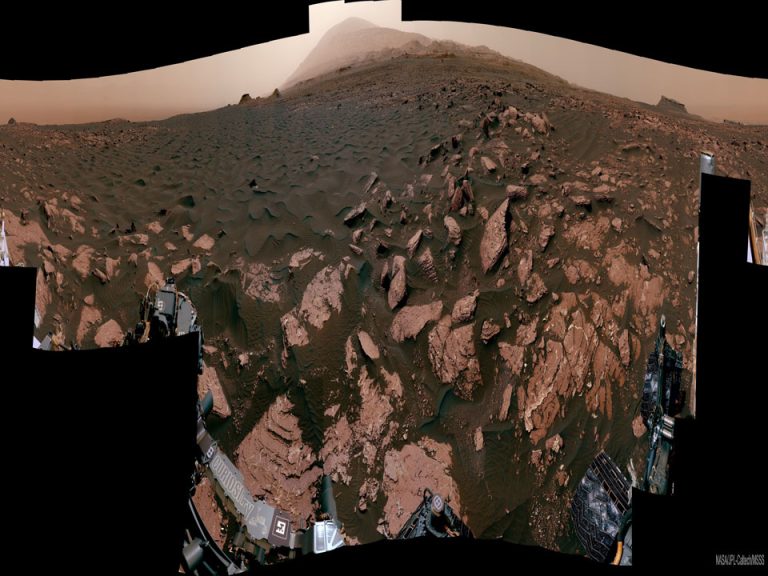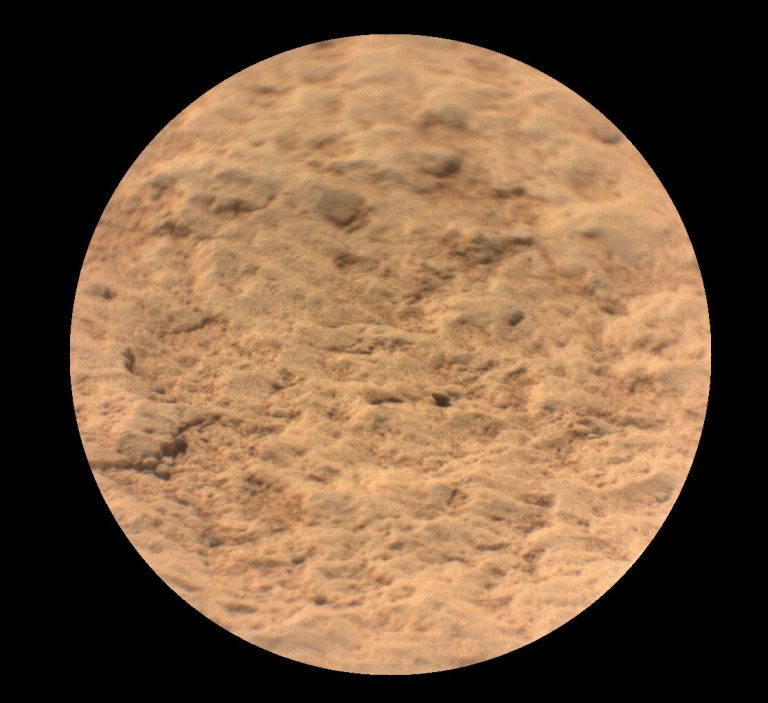2022年2月5日
Symbiotic R Aquarii
Image Credit: X-ray: NASA/CXC/SAO/R. Montez et al.; Optical: Data: NASA/ESA/STScI, Processing: Judy Schmidt (CC BY-NC-SA)
Explanation: Variable star R Aquarii is actually an interacting binary star system, two stars that seem to have a close symbiotic relationship. Centered in this space-based optical/x-ray composite image it lies about 710 light years away. The intriguing system consists of a cool red giant star and hot, dense white dwarf star in mutual orbit around their common center of mass. With binoculars you can watch as R Aquarii steadily changes its brightness over the course of a year or so. The binary system’s visible light is dominated by the red giant, itself a Mira-type long period variable star. But material in the cool giant star’s extended envelope is pulled by gravity onto the surface of the smaller, denser white dwarf, eventually triggering a thermonuclear explosion, blasting material into space. Astronomers have seen such outbursts over recent decades. Evidence for much older outbursts is seen in these spectacular structures spanning almost a light-year as observed by the Hubble Space Telescope (in red and blue). Data from the Chandra X-ray Observatory (in purple) shows the X-ray glow from shock waves created as a jet from the white dwarf strikes surrounding material.
Tomorrow’s picture: our fair planet
共生变星宝瓶座R
影像提供: X-ray: NASA/CXC/SAO/R. Montez et al.; Optical: Data: NASA/ESA/STScI, 影像处理: Judy Schmidt (CC BY-NC-SA)
说明: 用双筒望远镜,就能见到变星宝瓶座R(R Aquarii)在为期约一年之间的亮度变化。它其实是由二颗密近具有共生关系的恒星,所组成的互扰双星系统。这幅以这颗距离约710光年的变星为主题之影像,组合自摄于太空的可见光及X射线波段的影像数据。在这个很有趣的恒星系统里,一颗低温红巨星和另一颗火热致密白矮星绕着共同的质量中心运行。在可见光波段,这个双星系统的光主要来自红巨星,而这颗巨星本身则是分类为鲸鱼座ο型(蒭藁型)的长周期变星。红巨星外围气壳里的物质,会在重力牵引下掉向较致密白矮星的表面,当质量积累到足以触发热核反应时,就会发生爆炸并把表面物质炸飞到太空中。天文学家在过去的数十年里,已见到它发生了数次新星爆发。在上图的哈勃太空望远镜可见光影像(红与蓝)里,这些宽将近1光年的壮观结构,则是曾发生更早期爆发的迹证。钱德拉X射线卫星的数据(紫)呈现白矮星射出的喷流,在冲撞周遭物质时产生的震波及所激发出的X射线辉光。
明日的图片: our fair planet







